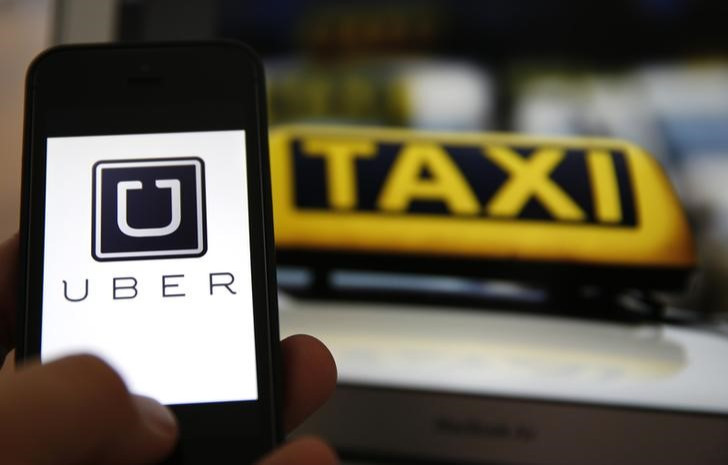Uber's business model under attack in China and Taiwan
Uber's modus operandi faces legal scrutiny in Chinese mega city Chongqing and in Taiwan.

Uber Technologies is under fire in China and Taiwan over concerns that the US-based company and its drivers are not properly licensed, the latest in a string of official complaints targeting the proponent of the namesake ride-sharing app.
In a statement on 22 December, the Chinese mainland mega city of Chongqing said it was probing the legality of Uber's business model that uses private drivers. It said private drivers operating without a commercial licence will be "classified as illegal behavior".
The Chongqing government also said it will fine unlicensed drivers operating via car-hailing services 30,000 yuan ($4,822, £3,085, €3,931) to 100,000 yuan. It did not state any action against car-hailing service providers.
In Taiwan, the transport ministry said Uber is licensed to provide information services rather than transport. As such, the ministry is investigating whether it has the authority and enforcement capabilities to block access to Uber's website and mobile apps.
The deputy director of Taiwan's Ministry of Transportation and Communications, Liang Guo Guo, said on Monday: "If Uber obtains the proper license it can continue operating in Taiwan. The company has not made clear how it plans to proceed."
"It's quite vexing as there's no precedent for this kind of issue," Liang added.
Pursued by Reuters, Uber did not respond to a request seeking comment regarding Taiwan's announcement.
However, Xue Huang, communications lead for Uber in China said: "We are actively communicating and seeking clarification with the Chongqing government."
The Chongqing government's investigation marks the first time Uber's legality has come under scrutiny in mainland China, where Uber operates in eight cities excluding Chongqing, where it has been running a free trial. The probe comes less than a week after Uber raised funds from Chinese Internet giant Baidu.
The Uber app bridges a passenger and a driver [who does not necessarily have a taxi licence] immediately. The company keeps 20% of the fare for itself, while the driver takes the remainder.
Uber has already come under fire from licensed taxi associations the worldover for driving down prices in several markets and by flooding the industry with unlicensed drivers.
Apart from bans in cities around the world, San Francisco-based Uber has faced accusations of violating user privacy and has had to tighten screening after a driver in India was arrested for rape.
© Copyright IBTimes 2025. All rights reserved.






















